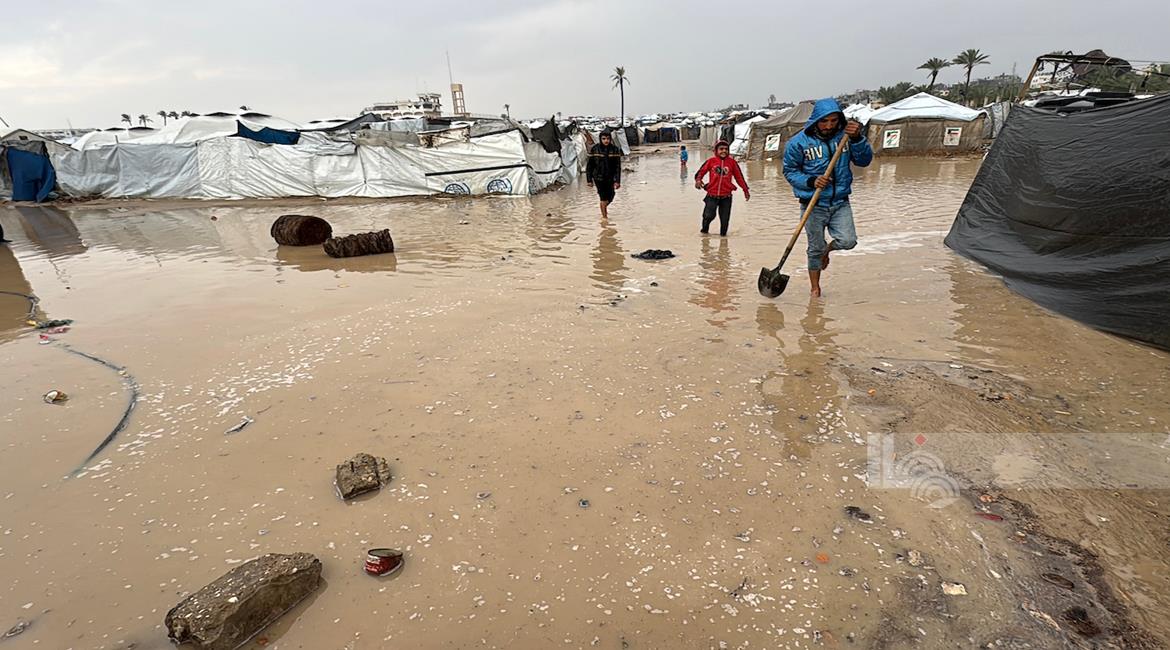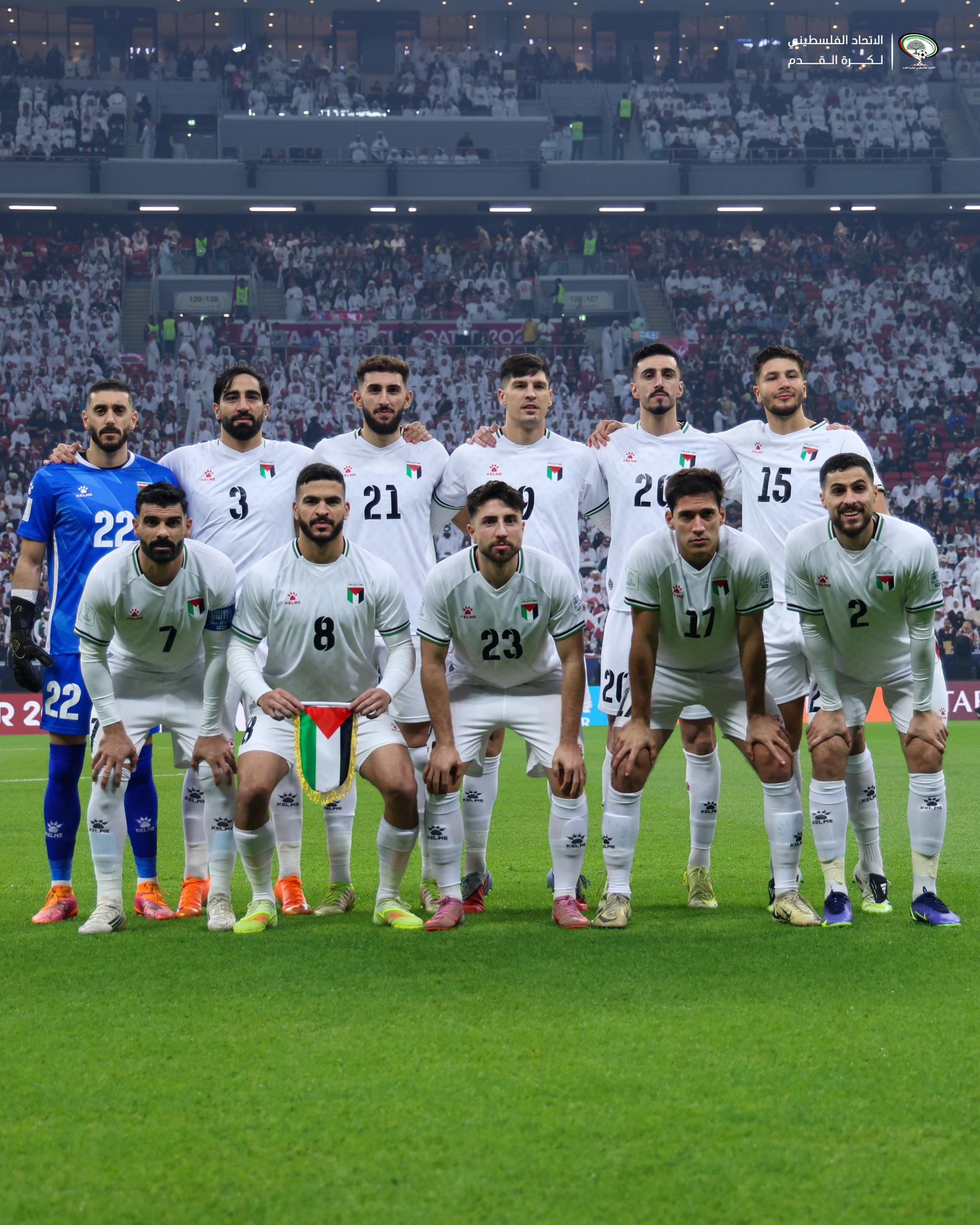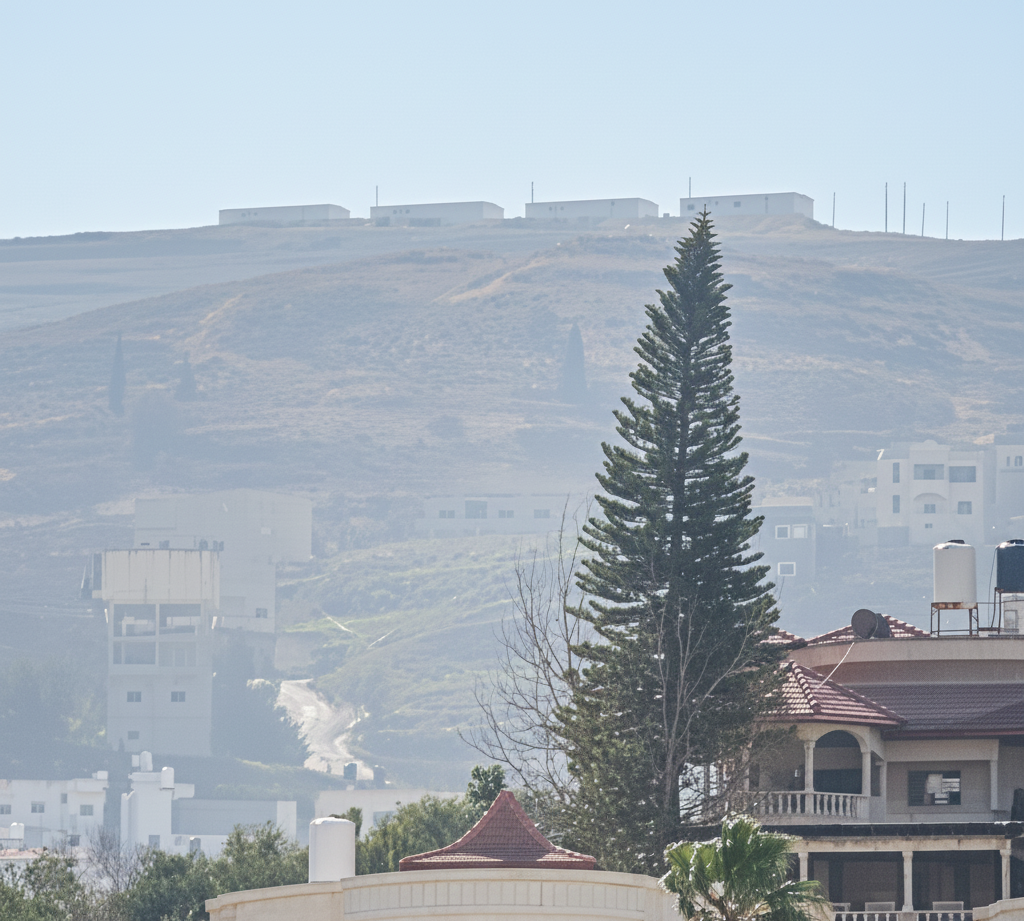By Khaled Tayeh
It is this time of the year when most Palestinian farmers and their families leave their everyday routines and dedicate between one and four weeks of their time to harvest hundreds of olive trees and pick the product resulting from a year of hard work and caring.
In addition to olives being considered an important national symbol by many Palestinians, the olive harvest season, which always falls in the autumn, is considered a major source of income for thousands of Palestinian households, which is the reason why picking olives is an annual collective family outing and a must for every member of the extended family.
After picking the olives, they are either prepared to be eaten as olives or pressed to make olive oil. For some families, the produce is usually enough for the consumption of the immediate and extended family members, who usually share ownership of the land inherited from their ancestors.
However, for landowners with enough olive trees to make hundreds of tons of olive oil, the surplus in the produce is eventually sold at local and international markets resulting in many families in the occupied West Bank relying on the olive harvest season as a significant source of their income.
Fayyad Fayyad, head of the Palestinian Olive Oil Council, told WAFA that olive oil production has maintained the same level since 2010, which is estimated at 16,500 tons per year. This rate is also expected for this season.
The highest olive oil production in Palestine was in the year 2000, when 34,000 tons were produced making it the only year where oil was most produced in the region.
Fayyad said that olive oil production in the Gaza Strip this season is expected to be between 1000 to 2000 tons lower than last year’s production.
He pointed out that in general early olive harvest negatively affects the amount of oil extracted from olives and takes down of its quality. He said that the oil produced in this season is not expected to be of the same quality as the previous years.
According to Fayyad, the quantity of oil in the olives depends on several factors: irrigation methods, whether olive trees are manually irrigated or rain fed; location of olive trees, whether they grow on hills which have bigger oil production, or low areas with less production; and exposure to the sun, where the more exposure to sun the higher is the production.
As for the best time to start the harvest, Fayyad said that for this season the Palestinian Ministry of Agriculture had set October 6 as a date to begin the olive harvest season when olive fruits are believed to be ripe. Some types of olive trees, however, need more time before harvesting begins. For example, the improved Nabali olives, which are grown with mainly the city of Hebron in the south of the West Bank where trees add up to around one million, harvesting cannot start before the middle of November, when they become fully ripe.
After the olives are pressed to make oil, the produce will first has a bitter taste, which Fayyad explained results from the presence of an element in fresh olive oil that strengthens the body’s immune system, protect against cancer and treats heart problems.
However, that element does not always exist in oil in high rates. Fayyad claims that due to the improper ways of picking up the olive fruits and transporting them to olive presses, olive oil loses a lot of its beneficial elements.
As for areas in the West Bank that produce oil the most, Fayyad said that the city of Jenin comes at the top with an estimate of 25% of the national production, followed by Nablus, then Ramallah, Tulkarm, Salfit, Hebron, Qalqilya, Bethlehem, and finally Jerusalem.
According to Tariq Abu Laban, the general manager of marketing in the Ministry of Agriculture, Palestine exports 3700 tons of olive oil to foreign markets annually.
The Gulf countries are considered the biggest market for Palestinian olive oil, whereas international markets like the United States and Canada also receive much of the Palestinian olive oil exports.
The Palestinian olive harvest season faces a lot of difficulties and challenges that vary from Israeli settlers’ assaults such uprooting or torching olive trees to farms and trees being trapped behind the apartheid wall where farmers and landowners have difficulty reaching.
In every olive harvest season, including this year, settlers’ attack farmers working in their land located near settlements, which are illegally built on seized Palestinian land, steal their produce or simply chase them off their land.
Often Israeli peace activists and international solidarity groups join the Palestinian farmers in picking olives in land near the settlements to protect them from settlers’ assaults.
Yet, as settlements continue to mushroom on Palestinian land, the green and agricultural areas left for the Palestinians keep shrinking, making it difficult for them to maintain food security or to make a living off harvesting their farms.
K.T/M.K.













